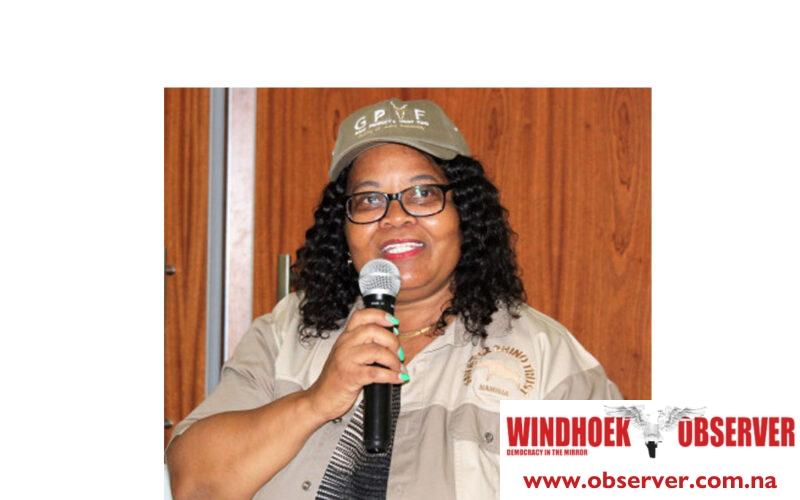Martin Endjala
Bernadette Jagger, the Deputy Minister of Gender Equality, Poverty Eradication and Social Welfare, says sign language must be part of school curricula and become a mandatory subject in the Namibian school system.
“It is believed that teaching sign language in schools, not only develops the confidence of deaf children to make friends and express themselves more, but hearing children will also gain the skills to communicate more with them,” she said.
Jagger said this while contributing to a motion tabled recently in parliament by Deputy Minister Alexia Manombe-Ncube of Disability Affairs on recognising Namibian sign languages in the country and the appointments of sign language interpreters on live parliamentary debates.
She highlighted that experts in sign language argue that sign language serves as a visual stimulation of speech and language development that helps to reduce negative social behaviours, increase social behaviours and increase social interactions.
She is urging all Offices, Ministries and Agencies to treat this as a matter of urgency and employ people who are deaf alongside sign language interpreters. This category she said, is forever excluded from governing institutions and company boards.
“If we advertise positions, we say people with disabilities and those from marginalised communities are encouraged to apply. Well, they do; just for a person who is deaf, to walk into an interview room where none of the interview panel members can understand sign language and there is no interpreter.
Let us close that gap between the hearing category and the category of the Deaf, once and for all, “she urged.
Meanwhile, the African Sign Languages Resource Center indicates that out of the 2.6 million people in Namibia, there is a deaf population of 8,300. It is noted that more than 90 percent of deaf children are born to hearing parents.
In addition, only 563 deaf children are enrolled in resource and inclusive Namibian schools of which these inclusive schools are found in only five regions in the country, while resource schools are only in five towns.
Meanwhile, Manombe-Ncube highlighted that World Atlas, an online site that studies demographics, says only 41 countries recognise sign language as an official language which is a very low number considering the number of countries in the world.
He said South Africa recently enacted sign language as their 12th official language. She stressed that sign language is legitimate in its own right, with its syntax, morphology and structure.
Noting that it is capable of functioning as a language of communication in all settings, from educational to political. Hence her stance that the whole family needs to learn sign language as many deaf children are born into families who are not deaf.
She urged that services must be in place to provide sign language learning and support to families so that they can learn and use sign language at home and make it easy to communicate with deaf children and assist with educational activities.
“It is important that deaf communities, governments and civil society organisations work collectively in fostering, promoting and recognising national sign languages as part of their countries’ vibrant and diverse linguistic landscapes,” she added.




